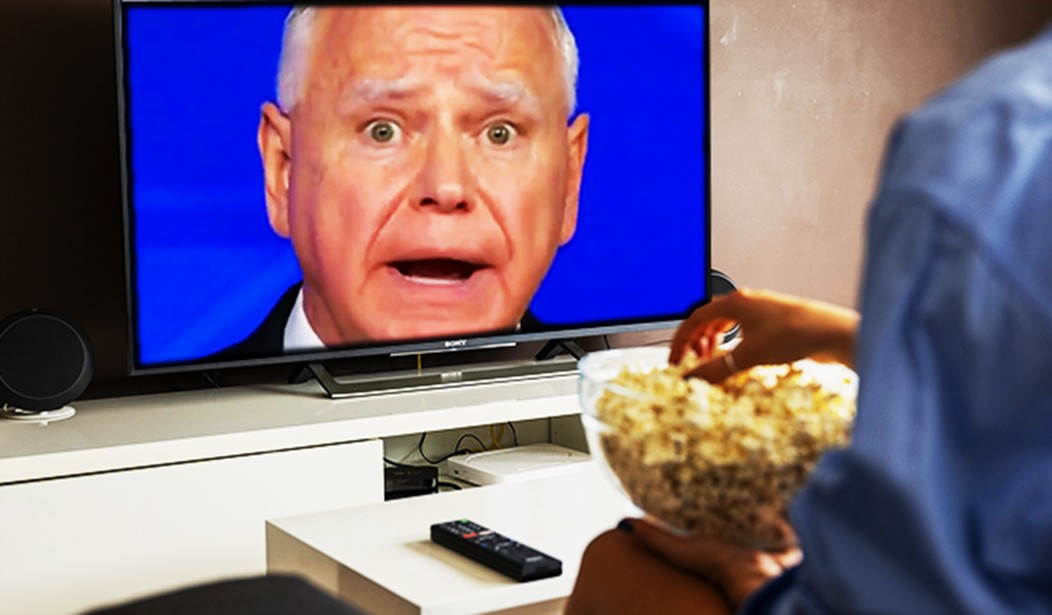
The World Health Organisation has urged the UK and other wealthy nations to pause their mass vaccination drives once vulnerable groups are protected from coronavirus in order to ensure a fair global rollout.
Ensuring that vaccines are equitably distributed across the world is “clearly morally the right thing to do” and failure to do so “will put us on the brink of a moral catastrophe”, said WHO spokesperson Margaret Harris.
The UN agency will appeal to Britons and remind them “you can wait”, Dr Harris said, arguing that the UK should shift its focus from Boris Johnson’s national target of giving every UK adult a first dose by autumn to a wider goal of ensuring that 2 billion doses have been fairly distributed globally by the end of 2021.
Her comments come as the EU – beleaguered by delays amid ongoing rows with AstraZeneca and Pfizer – is accused of engaging in vaccine nationalism after it introduced export controls to protect its supply, which the WHO warned could set a “very worrying trend”.
Such a “self-defeating” approach would prolong suffering and lead to a “protracted recovery”, the WHO has warned, potentially allowing more new variants to emerge as the virus spreads and costing high-income nations trillions of dollars – all the while risking the permanent erasure of decades of global development.
The UK is arguably a leader in current efforts for an equitable global vaccination drive, having helped raise more than £730m for the Covax Advance Market Commitment (AMC), including £548m in UK aid to help distribute 1.3 billion doses of coronavirus vaccines to 92 developing countries this year.
But despite this, many poorer nations are yet to start any immunisations.
The UK currently has one of the highest levels of vaccine coverage, along with Israel and the UAE, and has pre-ordered some 367 million doses of seven different vaccines for its population of 60 million.
Asked to clarify whether, once the UK has vaccinated its top nine priority groups, it should help efforts elsewhere instead of giving jabs to less vulnerable members of the population, Ms Harris told BBC Breakfast: “We’re asking all countries in those circumstances to do that: ‘hang on, wait for those other groups’.
“We’ll also appeal to all the people of the UK – you can wait.
“We’re asking countries, once you’ve got those (high risk and health care worker) groups, please ensure that the supply you’ve got access to is provided for others,” she added.
“While that is morally clearly the right thing to do, it’s also economically the right thing to do.
“There have been a number of very interesting analyses showing that just vaccinating your own country and then sitting there and saying ‘we’re fine’ will not work economically.
“That phrase ‘no man is an island’ applies economically as well. We in the world, we’re so connected and unless we get all societies working effectively once again, every society will be financially effected.”
WHO directors have previously said vaccine nationalism could cost high-income countries 4.5 trillion US dollars. This is almost half of an estimated $9.2 trillion hit to the global economy, according to a new report.
And Sir Jeremy Farrar, a Sage member, has warned that vaccinating “a lot of people in a few countries, leaving the virus unchecked in large parts of the world, will lead to more variants emerging”.
He also said countries with existing vaccine supply deals could donate a percentage of doses to the WHO’s Covax global vaccine-sharing fund “without taking away from the national effort to protect the most vulnerable in society and healthcare workers”.
Echoing this, Dr Harris said the UN wants to see health workers and the most vulnerable in every country vaccinated “in the first 100 days of this year”.


No comments:
Post a Comment